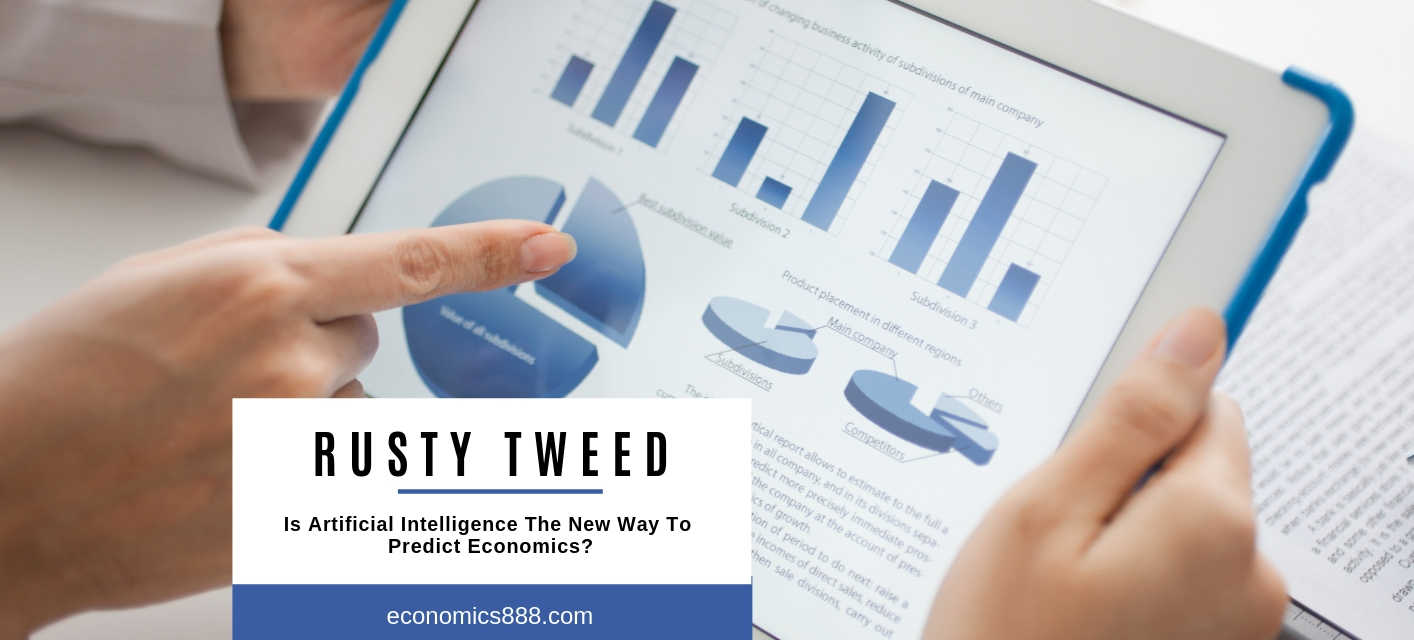
By enabling people to work faster, smoother and easier Artificial intelligence is changing business and economics in dramatic and ever-evolving ways. These changes are sure to have a strong influence across the labor market and economies all over the world. Artificial intelligence’s greatest ability lies in its singular power to make predictions while calculating a multitude of possible outcomes that make artificial intelligence shine.
Artificial intelligence is machine learning
The public and business worlds continue to learn just what this machine intelligence can do. Technological advances continue to provide new implementations for deep machine learning, free from human input, by simply entering data. What this means is machines are evolving to perform routine tasks such as examining various forms of data in better faster ways, it also means that these machine learners can move through thousands of bytes of data to gain the relevant data needed to perform the task at hand within seconds.
Where will Artificial intelligence take human job tasks?
The subject of where artificial intelligence will leave the human worker is being raised throughout the business world, and it’s the subject of hot debate. There’s an even split between good and bad scenarios on this question with some seeing a near-future where human workers will work alongside machines that will boost their productivity significantly. On the opposite side of the coin, there is a large group that believes this type of machine intelligence will make some jobs redundant which will lead to job losses and widespread unrest.
Machine learning equals a change in economics and business
Several authors have begun a discussion on how to demonstrate how forecasting is important to the changes that Artificial intelligence is set to make. These literary professionals advise that understanding this fact and preparing for it could be the determining factor in which of the two future scenarios will come to pass. Much of this advice falls in the realm of whether human AI personal will learn to recognize tasks that require machine prediction, and work where human interaction is vital.
Economists are tackling the future of AI
Economists are working to discover what this evolving technology will really do to reduce business cost use because AI development isn’t just about crunching numbers, it’s also a step forward in statistical methodology. Many businesses make accurate predictions each day as they seek to answer questions on business development which could make the difference between a business’s success or failure.
In the past, this type of forecasting relied on individual experience and intuition to determine potential outcomes to a business endeavor. Earlier business models were also data-driven through the use of reports and books, but today’s AI technology has streamlined this report capacity into a seamless whole. These AI algorithms ingest large amounts of data to make their predictions more quickly than a human operator could.
AI Predictions will come quicker
These types of machine algorithms will make predictions faster and cheaper, which will, in turn, allow them to do more predicting while also encouraging innovation for systems where the prediction was missing. This type of AI prediction was notable in the earlier stages of computer software, where AI data filled in the missing gaps to create improvements in the computer speed and use.
Humans and machines will learn to co-exist
The drive towards Artificial intelligence appears to be set to continue into the future, so what does this mean for future generations? It could be good news because human beings seem to like discovering machine predictions at a cheaper, quicker rate. However, it should be understood direct human interaction will continue to be needed to supervise these types of expanding machine technologies to ensure their effective, efficient use. No one can definitively say what type of impact expanding artificial intelligence deep learning will have on civilization in 20 to 100 years from now. Even so, these advances aren’t likely to make humans redundant anytime soon.